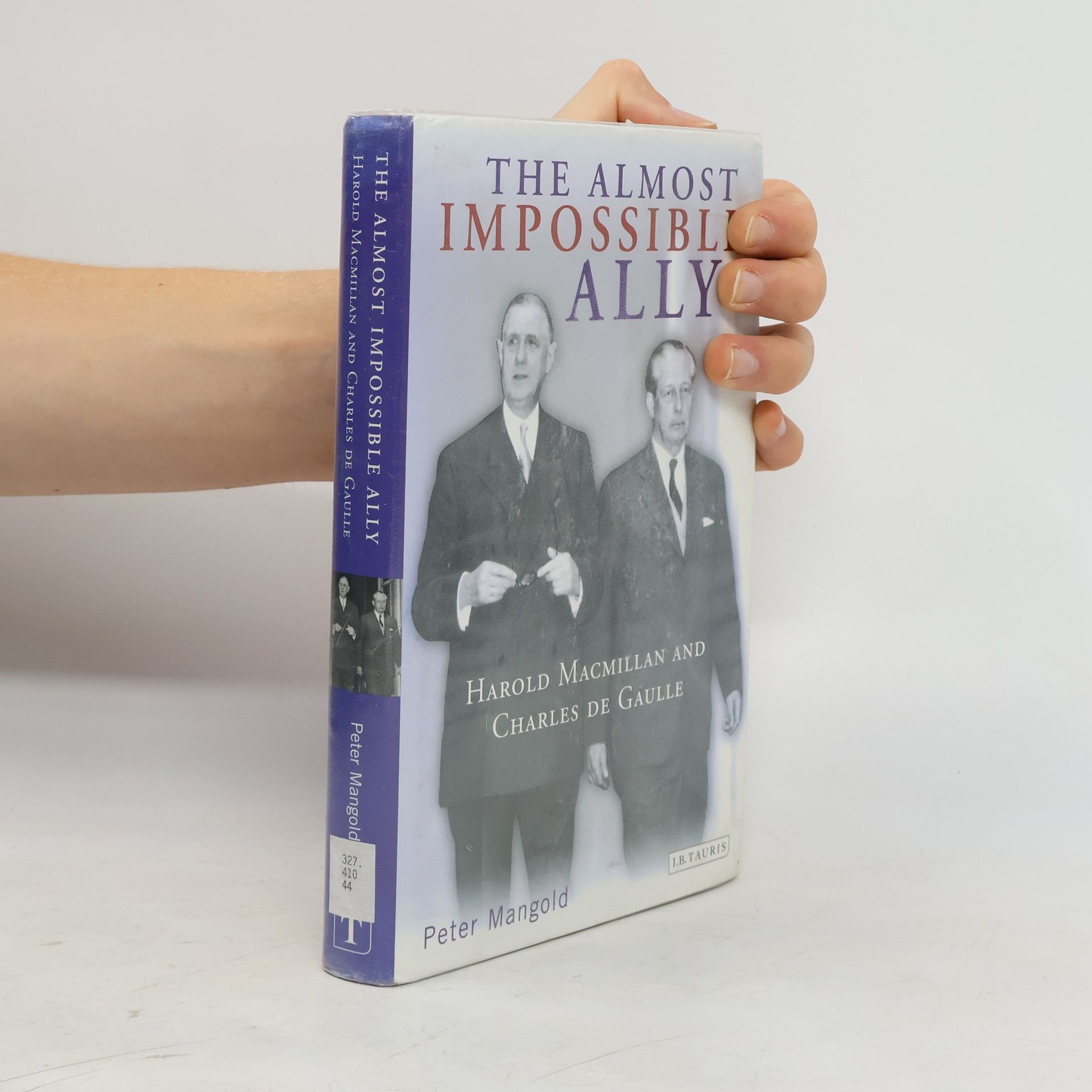The Almost Impossible Ally
- 272 Seiten
- 10 Lesestunden
In 1963, General de Gaulle (described by the Foreign Office as Prime Minister Macmillan's ""almost impossible ally"") aggressively vetoed Britain's first bid to join the Common Market. It was a blow that delayed Britain's entry for a decade and hastened the end of Harold Macmillan's political career. Peter Mangold explores the complex issues that bound the two men in the post-war world, from decolonization to co-operation in the Cold War, and the character traits that separated them in this fascinating portrait of an Anglo-French friendship that turned sour.
